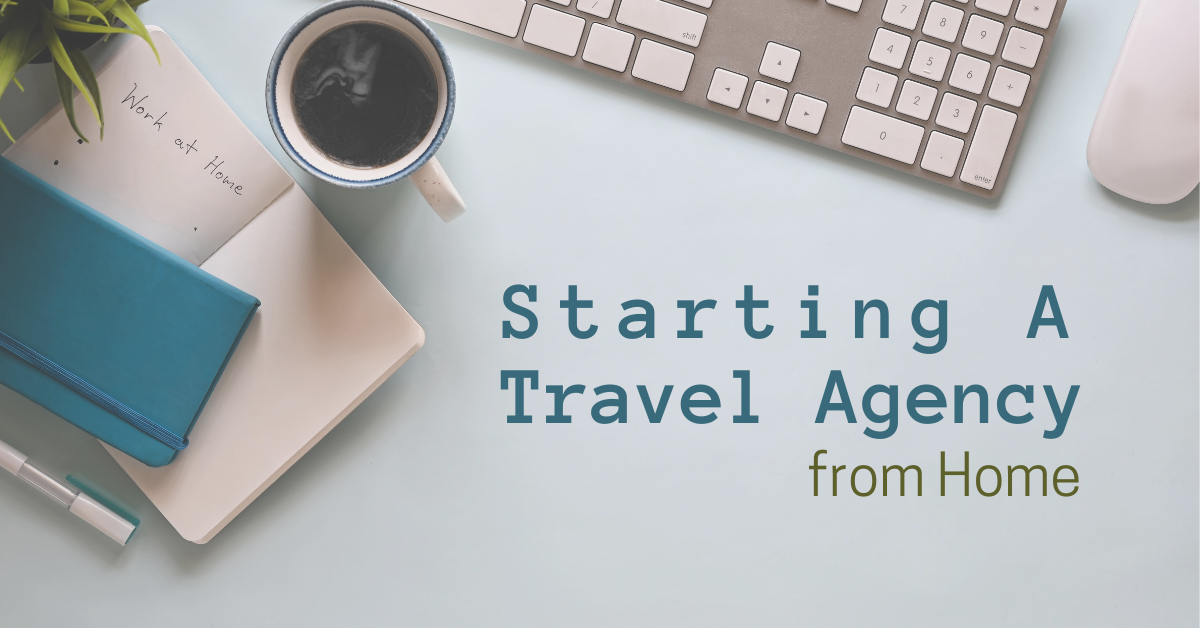Travel agency – StartupSmart

Travel is a glamorous sector, conjuring up images of beaming air stewards and sun-kissed beaches. But can you turn this into a profitable business?
Managing your own travel agency can be an exciting and rewarding career prospect but if you don’t know what you’re doing, your business will go downhill very fast.
Whether you’ve worked in the industry for 12 months or 12 years, you need to do your research prior to starting up.
What is it and who is it suited to?
A travel agency sells travel-related products and services on behalf of suppliers such as airlines, car rentals, hotels and sightseeing tours.
In addition to dealing with ordinary tourists, many travel agencies have a separate department devoted to making travel arrangements for business travelers. Some travel agencies specialise in commercial and business travel only.
Unlike other retail businesses, travel agencies do not keep stock on hand, so nothing is purchased from suppliers unless a customer requests that purchase.
The product is then supplied to the agency at a discount, which makes a profit from the difference between the advertised price – which the customer pays – and the discounted price at which it is supplied to the agent.
Other commercial operations are undertaken, particularly within the larger chains. These include the sale of in-house insurance, travel guides and timetables, and car rentals.
You will be dealing with people all day, either on the phone or in person, so you need to be someone who is patient and a good communicator.
While you don’t necessarily need prior experience in the industry, customers will expect you to have sufficient background knowledge of things like travel insurance, car rentals, etc.
Rules and regulations
The Australian Federation of Travel Agents is the peak industry body, designed to uphold the interests of Australian travel agents.
In the interests of good business practice, AFTA encourages all its members to embrace the AFTA Code of Ethics. However, the code is not legally binding nor is it enforceable by law.
Research and competition
The explosion in online bookings, and the rise of sites such as Tripadvisor, has resulted in plenty of predictions of the demise of the humble travel agent.
However, according to AFTA, the travel and tourism industry is one of the few industries in Australia that reflects a regular annual growth rate.
“This is currently in excess of 7% per annum aided by the annual visitor numbers of 2.4 million, and over seven million Australians travelling within Australia and overseas,” it says.
“Australia requires a well-educated and trained workforce to ensure quality service. Few businesses in the travel and tourism industry employ staff who have not undertaken training prior to entering a job.”
AFTA encourages anyone contemplating a career in travel and tourism to seek guidance from AFTA Education and Training on the most appropriate course of action.
With regard to where you operate, choose an area that isn’t already well served by travel agents. Alternatively, start a business that isn’t office-based and provide a niche service.
For example, if your area is well renowned for a particular event or attraction, appeal to the local businesses about ways in which you can help them cash in.
Although you may be a local independent travel agent, it doesn’t mean you have to limit your focus. Operating online could take your business nationwide or even worldwide, at no real cost.
Getting your name known is as important as in any new business. Local newspapers, Yellow Pages and online forums are all good places to start.
Costs and earnings
If you’re starting from a secondary location rather a prime retail site, rent will obviously be reduced significantly. Specialised travel services are more likely to work online, so it matters even less where you’re based.
However, a cheaper location may be a turnoff when it comes to recruiting staff. This is not generally an industry where staff are highly paid but there is competition to recruit good people, so additional perks may work well.
Look for people who’ve worked in the industry before, who’ll be attracted to the discounted holidays, and offer them good working conditions.
Roughly speaking, salaries are on a par with office work but, as with all jobs, you should expect to pay more for extra talents or experience.
The salary of an Australian travel agent ultimately depends on their experience, but the average salary for an agent generally lies around the $40,000-$60,000 mark.
However, if you are genuinely passionate about the industry, and have a knack for sales, you have the potential to earn in excess of $100,000.
It might be an idea to gain some experience as a travel agent before you set up your own agency or buy a franchise.
An average day
On a typical day, a travel agent will:
- Give advice on destinations.
- Make arrangements for transportation, accommodation, car rentals, tours and recreation.
- Advise on weather conditions, restaurants, tourist attractions and recreation.
- Provide information on customs regulations, required papers, and currency exchange rates to international travelers.
- Consult published and computer-based sources for information on arrival and departure times, fares, hotel ratings and accommodation.
- Visit hotels, resorts and restaurants to evaluate comfort, cleanliness, and quality of food and service.
Useful contacts
Australian Federation of Travel Agents
02 9287 9900
Australian Government Small Business Support Line
1800 777 275
Australian Chamber of Commerce and Industry
02 6273 2311
03 9668 9950

